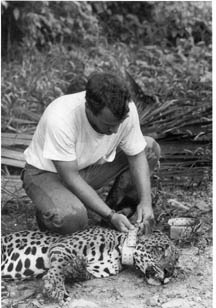 This morning I attended an aerobics class, and witnessed firsthand the power of the speaker's (or in this case, instructor's) emotions.
This morning I attended an aerobics class, and witnessed firsthand the power of the speaker's (or in this case, instructor's) emotions.You couldn't help but "catch" this teacher's energy and spunk. She seemed to be having the time of her life - and we couldn't help but join in the fun.
Though the class was full, she looked each person in the eye, and took the time to smile at individuals, including me.
What was most remarkable about her teaching style was the way she responded to her own mistakes. And she definitely made quite a few. But she seemed almost to embrace these missteps and use them as opportunities to get us laughing.
By the end of the class, though we were all exhausted, we were smiling.
I will go back to her class not only because she led a challenging workout, but because her joy is contagious, and quite simply, she brightened my day.
From the Green Room: Rest assured, you will mess up each and every time you get up to speak. It is how you respond to those mistakes that determines your success as a speaker.
Remember, your emotions are contagious. If you suffer, your audience will suffer with you. If you roll with your mistakes - or even embrace them joyfully - your audience will have fun, too.






